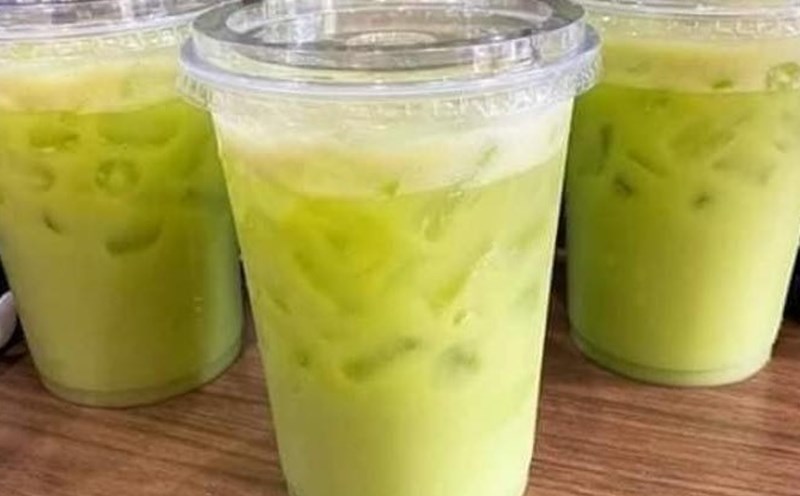According to statistics, 1 in 7 adults have chronic kidney disease. Dehydration is one of the factors contributing to impaired kidney function, so it is necessary to clearly understand your daily water needs.
kidneys - an important filter of the body
Every day, the kidneys continuously filter the blood, eliminating toxins and waste through urine. On average, this agency processes about 190 liters of blood per 24 hours. Supplementing enough water helps maintain the filtering function of the kidneys, while supporting the diluting of substances such as urea, sodium and toxins, limiting the risk of kidney stones, urinary tract infections or prolonged damage.
Drink enough water - the key to reducing the risk of kidney disease
Research, including a report published in the Times of India, shows that maintaining a reasonable water intake helps reduce the risk of attack and slow the progression of chronic kidney disease. However, drinking too much - especially in people with impaired kidney function - can lead to hyponatremia, a dangerous complication affecting the heart, brain and nervous system.
Not everyone needs 8 glasses of water a day
Water needs depend on weight, physical condition, exercise level, living environment, diet (especially when eating a lot of salt, protein), medical conditions ( kidneys, heart, diabetes) and medication in use (such as diuretic drugs). According to the Mayo Clinic, the total amount of water (including food and beverages) should reach about 3.7 liters/day for men and 2.7 liters/day for women.
People with kidney failure, heart failure, cirrhosis or hypoglycemia should strictly control their water intake according to the doctor's instructions, to avoid water retention, edema or electrolyte disorders.
Foreign additional sources of filtered water
In addition to water, you can supplement it with herbal tea, low-sugar juices or caffeine-free coffee. Some studies show that moderately caffeinated drinks do not cause dehydration as many people think. In contrast, soft drinks and energy drinks contain a lot of sugar and phosphate, which can harm the kidneys, increasing the risk of stones.
Alcohol is absolutely not included in the supplemented water intake because it has a strong diuretic effect, causing the body to lose water faster.






